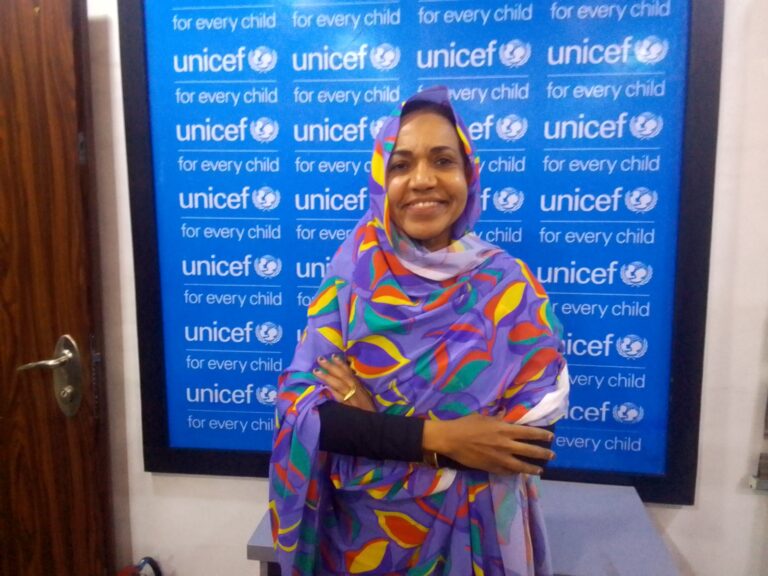By Peter Omopo
28th August 2025 | Maiduguri – The United Nations Children’s Fund (UNICEF) has raised alarm that more than 2.1 million Nigerian children have never received a single vaccine, making the country the world’s highest in terms of “zero-dose” children.
UNICEF Nigeria Country Representative, Wafaa Saeed, disclosed this on Thursday during a visit to the organisation’s Maiduguri field office.
She revealed that nearly one in three Nigerian children under the age of one has not been vaccinated, leaving them at risk of preventable but deadly diseases such as measles, diphtheria, meningitis, and polio variants.
“Nigeria has over 2.1 million zero-dose children, the highest in the world. Nearly one in three one-year-olds has never received a single vaccine, leaving them exposed to deadly but vaccine-preventable disease outbreaks,” Saeed said.
She urged governments at all levels to redouble investments in immunisation and primary healthcare delivery to ensure that no child is left behind.
On nutrition, Saeed described the situation as alarming, warning that 15 million children under five are malnourished, including 3.5 million suffering severe acute malnutrition.
She cautioned that unless urgent action is taken, 420,000 children could die in 2025 alone from malnutrition-related causes.
“Forty percent of under-five children are stunted — children who will never reach their full physical or cognitive potential if we do not act now. We need more funding, more local food solutions, and more treatment centres so no child dies due to malnutrition,” she said.
Turning to education, the UNICEF chief described the sector as being “in crisis.” According to her, only 27 percent of Nigerian children aged 7 to 14 can read with comprehension, while 75 percent cannot solve basic mathematics problems.
She called for urgent measures to improve learning outcomes, including recruitment of qualified teachers, provision of adequate classrooms, and increased investment in education.
Reiterating UNICEF’s commitment, Saeed said the agency will continue to prioritise school enrolment, nutrition, and immunisation.
“If we succeed in these areas, we can transform the lives of millions of Nigerian children and secure the country’s future,” she stressed.

